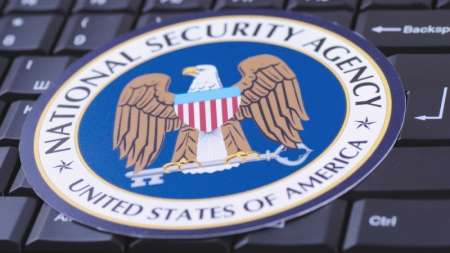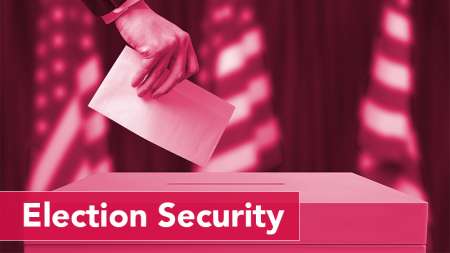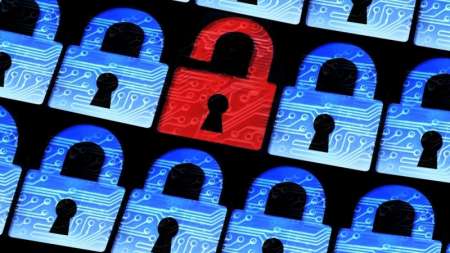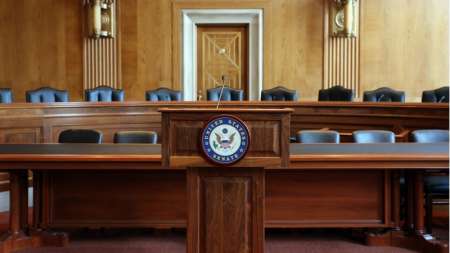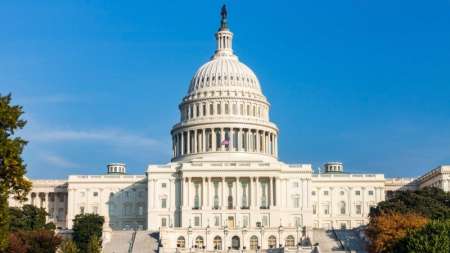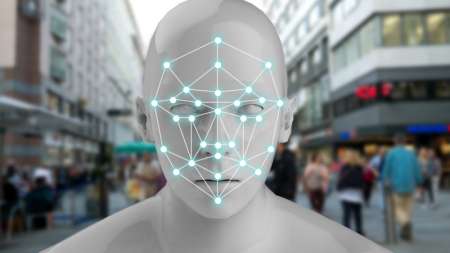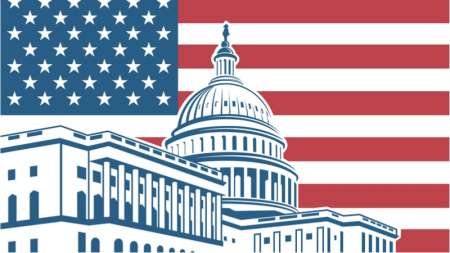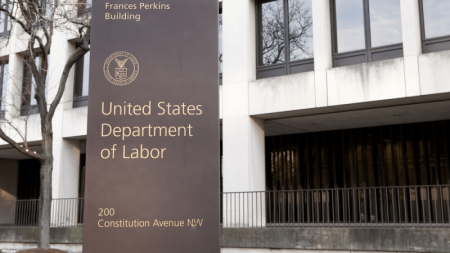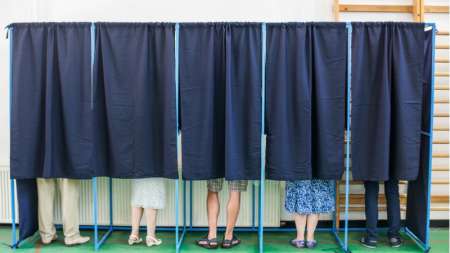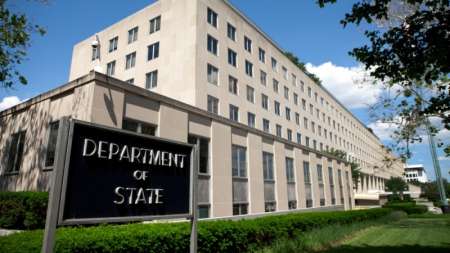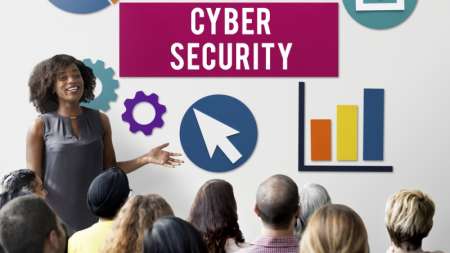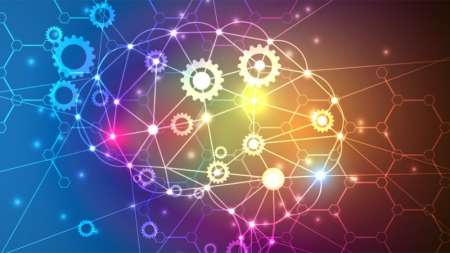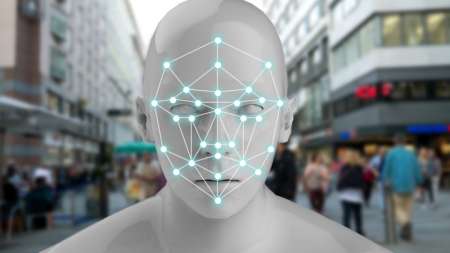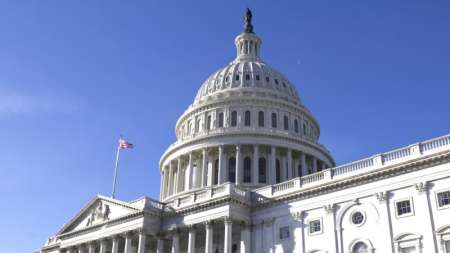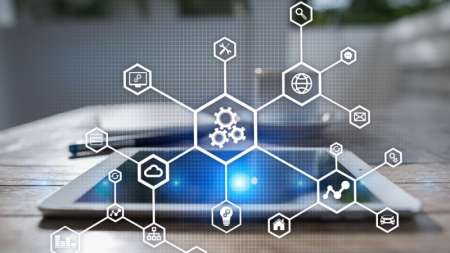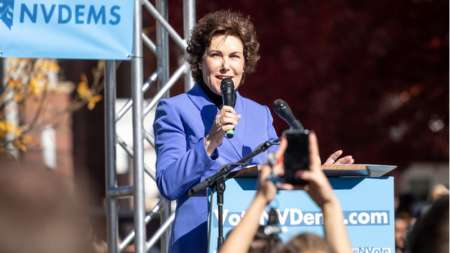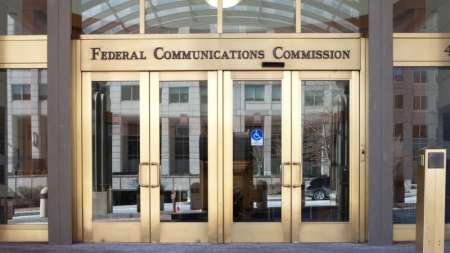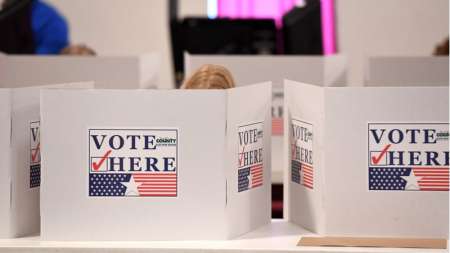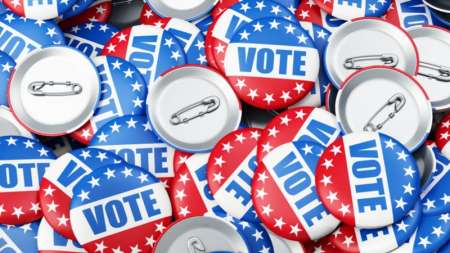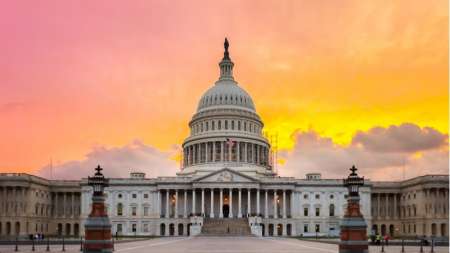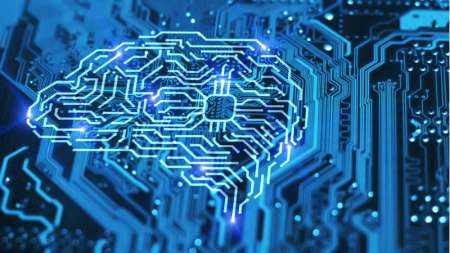Members of the House and Senate have introduced companion bills that would allow state and Federal prisons to jam cellphone signals in an attempt to prevent contraband cellphone use. […]
Bills introduced in the House and Senate yesterday would put a formal end to a National Security Agency program that has collected communications records metadata of U.S. citizens for intelligence and law enforcement use, following unconfirmed reports that NSA and the Trump administration are no longer interested in continuing the program. […]
Senate Democrats took steps to tackle election security this week, first by looking to investigate voting machines, and then by unanimously signing off on a Senate version of the House’s H.R. 1, the “For the People Act” yesterday. […]
Congress must take action to ensure that consumer data is being adequately protected at consumer reporting agencies (CRAs), witnesses said at Tuesday’s House Committee on Oversight and Reform Subcommittee on Economic and Consumer Policy hearing. […]
A bipartisan bill introduced today in the Senate would support cybersecurity assistance to help senators and their staff members protect their personal devices from attackers. […]
House Democratic leadership plans to schedule a vote by the full House sometime in the next few weeks on H.R. 1644 the Save the Internet Act, which would roll back network neutrality rules to their 2015 level. […]
Sens. Roy Blunt, R-Mont., and Brian Schatz, D-Hawaii, introduced the Commercial Facial Recognition Privacy Act yesterday in a bipartisan effort to regulate facial recognition technology to protect consumers and their data. […]
Two senators this week introduced a bipartisan piece of legislation that aims to “to protect the integrity of the security clearance process and ensure that it cannot be abused for political purposes.” Sens. Mark Warner, D-Va., and Susan Collins, R-Maine, introduced the Integrity in Security Clearance Determinations Act on Thursday. […]
The Department of Labor (DOL) on March 13 announced creation of a Chief Data Officer (CDO) position in accordance with the OPEN Government Data Act, which includes directing the heads of each Federal agency to “designate a nonpolitical appointee employee in the agency as the CDO of the agency.” […]
Sen. Kamala Harris, D-Calif., on Thursday introduced the Digital Service Act, which would increase funding for the U.S. Digital Service (USDS) and provide a conduit for state and local governments to get USDS grants to fund information technology (IT) modernization efforts. […]
In another effort from Congress to expand transparency in U.S. election systems after, Sens. Ben Cardin, D-Md., Amy Klobuchar, D-Minn., and Chris Van Hollen, D-Md. announced today that they will reintroduce their Election Systems Integrity Act. […]
The Cyber Diplomacy Act, H.R. 739, was scored by the Congressional Budget Office (CBO) on Wednesday and the CBO found it would not have a material impact on government spending. […]
The Cybersecurity Skills Integration Act introduced in the House last week to jumpstart development of career and technical education training initiatives that incorporate cybersecurity into the curriculum–appears to have one major unresolved issue: competing for qualified instructors in the white-hot market for cybersecurity professionals. […]
Artificial intelligence (AI), following on the heels of its older sibling RPA (robotic process automation), is no longer waiting to be born, but remains more of a toddler on the Federal IT scene–still learning to walk before trying to run, but bulking up from an appetite for serious Federal government tech interest and investment. […]
Sens. Edward Markey, D-Mass., and Mike Lee, R-Utah, issued a statement on Tuesday urging the Department of Homeland Security (DHS) to “pause” activities to spread the use of facial recognition technologies and develop policy that will further inform U.S. citizens about the technology and what happens to the data that it generates. […]
Sens. Edward Markey, D-Mass., and Josh Hawley, R-Mo., on Tuesday introduced legislation that would update the Children’s Online Privacy Protection Act (COPPA), which became law in 1998 and regulates the ability of website and online service providers to collect information about users under the age of 13. […]
The IoT Cybersecurity Improvement Act of 2019 has gained 12 new cosponsors in the House. […]
The House Committee on Energy and Commerce’s Subcommittee on Communications and Technology met today to hear testimony on H.R. 1644, the Save the Internet Act, which would roll back net neutrality rules to their 2015 level. […]
A bipartisan group of senators and House members reintroduced the IoT Cybersecurity Improvement Act in both chambers, which would require Federal agencies to follow guidelines developed by the National Institute of Standards and Technology’s (NIST’s) on security for Internet of Things (IoT) devices. […]
Rep. Brian Fitzpatrick , R-Pa., on March 7 introduced H.R. 1612, dubbed the “Nonpartisan Bill For The People.” The legislation is the GOP’s answer to the Democrat-backed H.R. 1, which cleared the House last week. Both bills include measures to increase voter participation and election security, among other election-related measures. The House bill does not currently have a companion bill in the Senate. The GOP-backed House bill includes measures to: […]
The House passed the For the People Act, or H.R. 1, on Friday with a party-line vote of 234-193. […]
Sen. Jacky Rosen, D-Nev., said at a Senate Commerce, Science, and Transportation subcommittee hearing yesterday that she plans to reintroduce the Code Like a Girl Act, which the senator sponsored in 2017 as a member of the House. […]
House Energy and Commerce Committee Chairman Frank Pallone, Jr., D-N.J., and Communications and Technology Subcommittee Chairman Mike Doyle, D-Pa., said this week they are concerned that the Federal Communications Commission (FCC) may be violating the Federal Records Act (FRA). […]
With the 2020 election cycle on the horizon, Reps. Gerry Connolly, D-Va., and Jim Langevin, D-R.I., reintroduced the Fair, Accurate, Secure, and Timely (FAST) Voting Act. The legislation, according to the two Congressmen, aims to “enhance voting system security, improve voter participation, and encourage automatic voter registration.” […]
On Tuesday, Rep. Carolyn Maloney, D-N.Y., introduced the Federal Employees Paid Leave Act to give Federal employees 12 weeks of paid leave for the birth, adoption, or foster placement of a child within their families and for other medical reasons. […]
The Congressional Budget Office (CBO), in a report released Friday, pegged the cost of H.R. 1–the For the People Act of 2019–at $2.6 billion over the next five years, with $1.5 billion of that going for states and counties to purchase new voting technology. […]
A bipartisan group of senators reintroduced legislation on March 1 intended to ensure that public companies are prioritizing cybersecurity and data privacy. […]
Lawmakers from both sides of the aisle and both houses of Congress joined together on Thursday to reintroduce the Help Americans Never Get Unwanted Phone calls, or HANGUP Act. […]
A group of over 90 local government officials have added their names to a letter supporting a bill from Rep. Anna Eshoo, D-Calif. […]
Reps. Brenda Lawrence, D-Mich., and Ro Khanna, D-Calif., today introduced a new resolution supporting “the development of guidelines for the ethical development of artificial intelligence (AI).” […]


